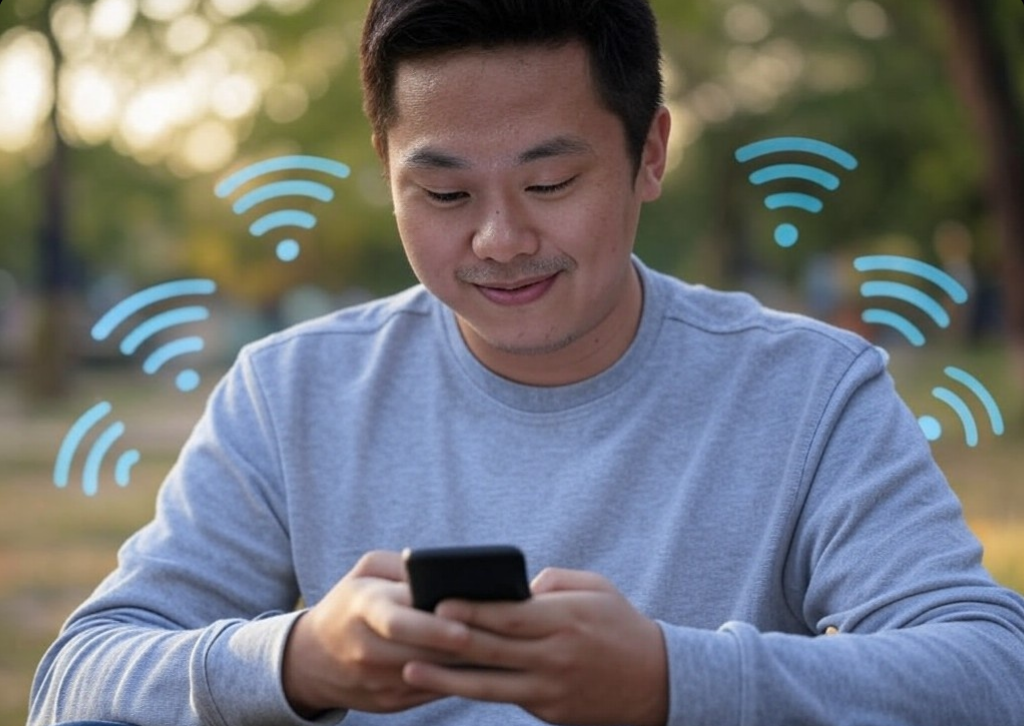As the wave of digitalization sweeps the world, the Internet has become a bridge connecting the world, providing people with unprecedented convenience in obtaining information, learning and communication, and entertainment and leisure. However, network blockades are like an invisible wall that prevents some users from accessing their favorite websites and resources. This article will explore the causes, impacts and response strategies of network blockades, and briefly introduce 98IP proxy as one of the effective tools to break network blockades, providing users with a set of practical practical guides.

I. Causes and Impacts of Network Blockades
(I) Geographical Restrictions and Cultural Differences
Different countries and regions impose regional restrictions on Internet content due to cultural differences, copyright protection, national security and other factors. This means that some websites and resources are only open to users in specific regions, which is undoubtedly an invisible barrier for users in other regions.
(II) Technical Barriers and Firewall Strategies
Technical barriers are also an important cause of network blockades. Some websites may use advanced firewall technology to identify and filter information such as visitor's IP address and browser features, thereby preventing unqualified users from accessing. Although this technical means protects the security of the website to a certain extent, it also limits the user's freedom of access.
(III) Impact and Challenges
Internet blockades not only limit the user's freedom of access, but may also have a negative impact on information acquisition, academic exchanges, business cooperation, etc. For individuals, Internet blockades mean losing the opportunity to contact diverse cultures and perspectives; for companies, they may miss opportunities in the international market, affecting business development and competitiveness.
II. Practical Guide to Breaking Internet Blockades
(I) Understanding the Blockade Mechanism and Avoidance Strategies
First, users need to understand the specific mechanism of Internet blockades, including the method, scope and target of the blockade. On this basis, avoidance strategies can be explored, such as using tools such as proxy servers to bypass the blockade. These tools can help users hide their real IP addresses and access blocked websites and resources with virtual IP addresses.
(II) Choose a reliable proxy service
When choosing a proxy service, users should pay attention to the stability, speed and security of the service. As an efficient proxy service, 98IP Proxy can provide users with stable network connection and fast access speed. At the same time, 98IP Proxy also has powerful security protection functions, which can protect users' data security and prevent information leakage and attacks.
(III) Optimize browser settings and improve access efficiency
In addition to using proxy services, users can also improve access efficiency by optimizing browser settings. For example, clearing browser cache, disabling unnecessary plug-ins, using incognito mode, etc. can reduce network latency and increase access speed. In addition, users can also try to use different browsers or operating systems to access blocked websites for a better access experience.
(IV) Pay attention to laws, regulations and compliance risks
In the process of breaking the network blockade, users must always pay attention to laws, regulations and compliance risks. Different countries and regions have different legal provisions on the use of proxy services. When using these tools, users should ensure that their behavior complies with the requirements of local laws and regulations to avoid violating the bottom line of the law. At the same time, users should also remain vigilant to avoid falling into the trap of online fraud or malware.
III. Summary and Outlook
As a phenomenon in the development of the Internet, network blocking has brought both challenges and opportunities. For users, understanding the blocking mechanism, choosing reliable proxy services, optimizing browser settings, and paying attention to laws and regulations are the keys to breaking the network blockade and enjoying free surfing. In the future, with the continuous advancement of technology and the improvement of laws and regulations, we have reason to believe that network blocking will no longer be an obstacle to people's access to information and communication. At the same time, we also look forward to more innovative technologies and solutions to emerge to provide users with a more convenient, secure and efficient Internet access experience.
Related Recommendations
- How dynamic agent pools help optimize cross-border e-commerce and social media operations
- What matters should companies pay attention to when using residential agent IP?
- Configuration and use of Amazon forward proxy
- How do foreign questionnaires make money? Do you need to use overseas residential IP?
- Observe market dynamics using U.S. dynamic residential IP
- Why do I need to use a residential IP agent to register for Pinterest?
- From Douyin to TikTok: Proxy IP helps you spread seamlessly across borders
- How to successfully operate Jade Live Broadcast on TikTok?
- Overseas dynamic IP technology frontiers: Integrating innovation and guiding the future
- SOCKS5 Proxy IP Empowers Network Security: Application Innovation and Protection Efficiency Improvement

